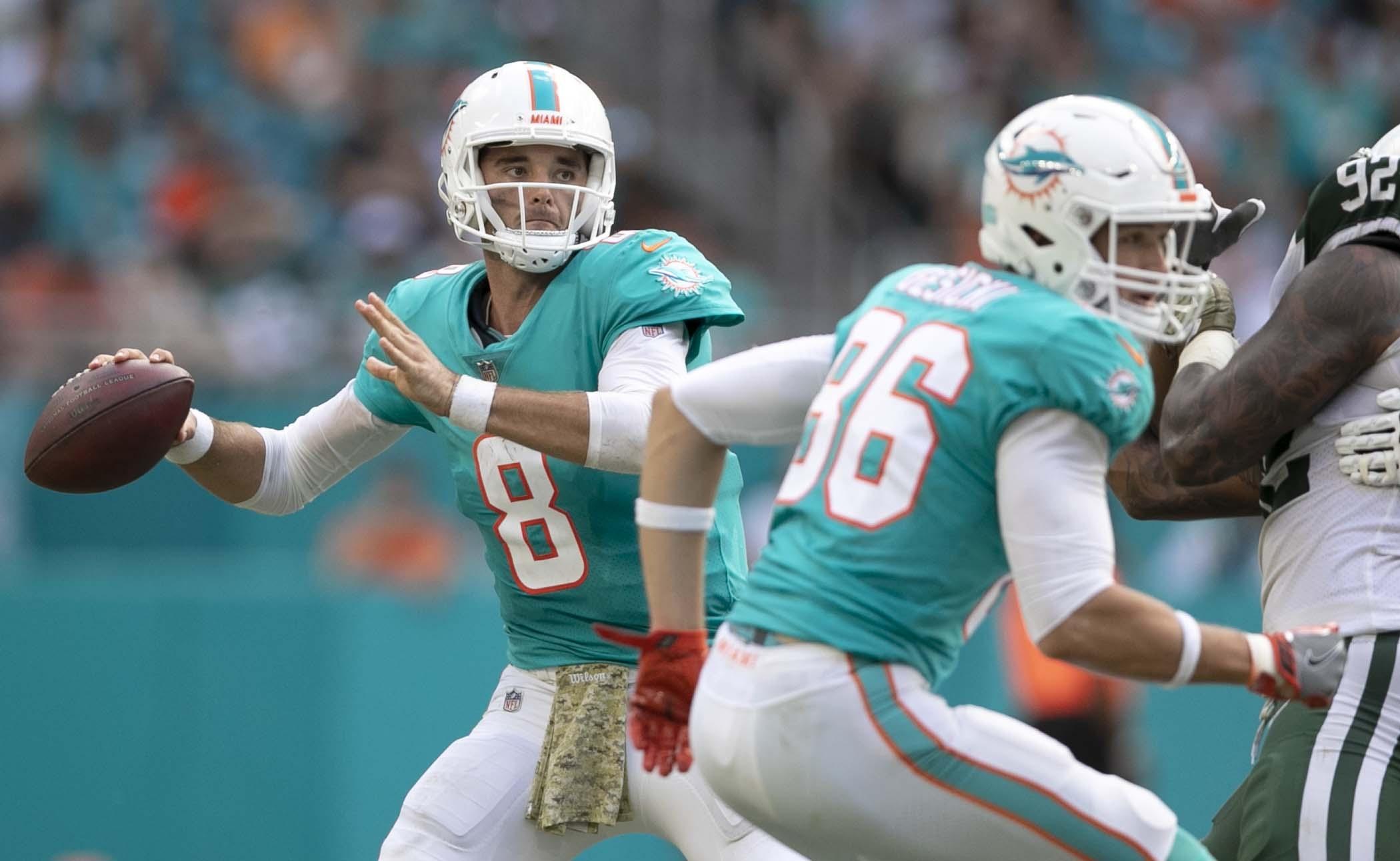Florida voters came out heavily in favor of Amendment 3 on Tuesday, with more than 64 percent of voters approving the ballot question that will take further gambling expansion, including sports betting, out of the hands of the state legislature.

The amendment will now give Florida voters the final say on any future gambling expansion by requiring a ballot initiative in order for casino gambling of any kind to be authorized in the state.
Opponents Cited Sports Betting, Fantasy Concerns
The decisive victory comes in spite of the fact that both the Miami Dolphins and Tampa Bay Buccaneers – as well as the NFL itself – came out against the measure.
On Monday, the Dolphins tweeted against the proposal, saying that it “would effectively block any chance for sports betting in Florida.” The Buccaneers also came out against the amendment, contributing $500,000 to a political action committee opposing the effort. DraftKings and FanDuel were also among the groups that lobbied Floridians to vote no.
“Amendment 3 was written to try to deceive you,” FanDuel wrote in an email campaign to voters. “It pretends to give voters more power, but the reality is it seeks to make it impossible to bring sports betting to Florida and makes it more difficult to protect your right to play fantasy sports.”
Disney, Seminoles Lead Yes Charge
But voters also heard plenty from groups that were in favor of the initiative, including Disney and the Seminole Tribe of Florida. According to Ballotopedia, the two groups spent more than $44 million combined to support Amendment 3.
The reasoning for their support is simple: by making it more difficult to approve expanded gambling offerings, the Seminoles and Disney will face less competition. While the Seminoles have an interest in protecting their exclusive casino rights in the state, Disney may be more concerned about losing out on tourism dollars: both directly, from adults who choose to visit casinos rather than spend another night or two at their theme park, or indirectly, if the introduction of widespread gaming challenged the state’s family-friendly image.
Under the initiative process as it exists in Florida, 60 percent of voters would now have to approve any gambling expansion, a high hurdle that may prove difficult to reach in a state that has been closely divided on most political issues in recent years. While the Florida legislature had not been effective in passing gaming bills in several recent attempts, the issue was at the forefront of state politics, always leaving the potential for a deal to be made in a future session.
For the NFL and its Florida-based teams, Amendment 3 could cause a loss of potential revenue. Studies have suggested that both the league and its franchises could benefit greatly from sports betting legalization, but the biggest benefits will likely come to teams in states where such wagering is authorized.
Many horse and dog racing tracks were also against the amendment, likely in the hopes that they may be able to cash in on future gaming opportunities. Tuesday proved to be a poor night for dog tracks in Florida overall, as voters in the state also passed an amendment to ban betting on dog races by a 69 to 31 percent margin, a move that should phase out the sport by the end of 2020.
With Florida being home to 11 of the 17 active dog racing tracks in the United States, the decision could spell the end of the industry in America as a whole.
“The historical consequences of this are incredibly significant,” said Grey2K USA executive director Carey Theil. “We’re seeing one of the highest approvals of any animal welfare measure in the nation.”









